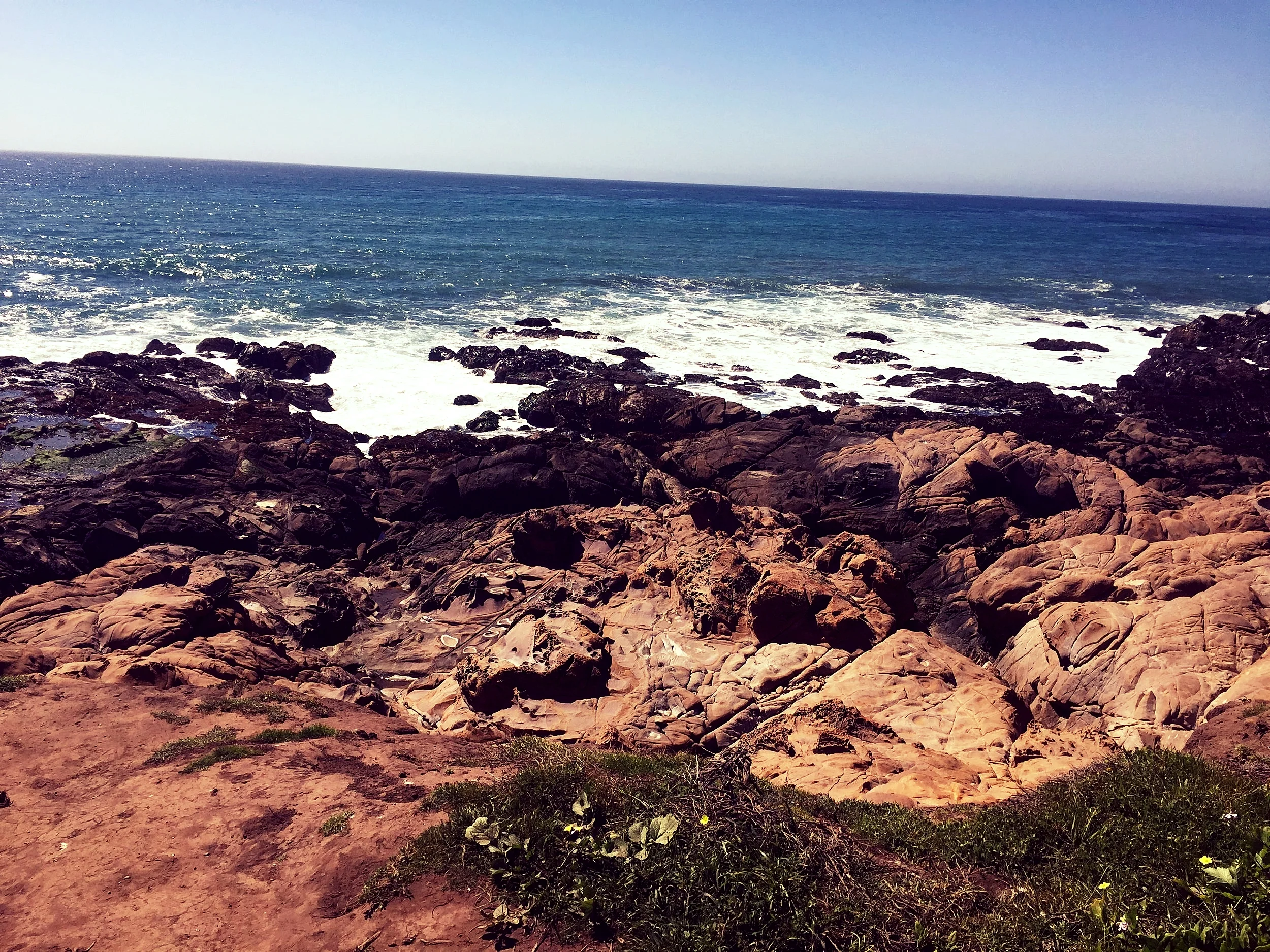on feminism, asexuality, and resistance
When I was fourteen years old, I turned to feminist literature in an attempt to make sense of how the patriarchy infiltrates every facet of our lives. In particular, I wanted to understand how growing up in a patriarchal society influenced my self-perception and my relationships with others. As I pored over the works of some of my favourite feminist thinkers, I felt a sense of liberation and discomfort - two conflicting emotions. My liberation stemmed from the fact that these books equipped me with the vocabulary to articulate my experiences as young woman trying to resist the patriarchy. However, I was also unsettled by the cognitive dissonance between my beliefs and behaviours. On an intellectual level, I perfectly understood the problematic nature of gender roles and expectations, yet I still found myself conforming to them. For instance, I would rail against the unrealistic beauty standards that women are expected to adhere to, yet I would spend a great amount of time, energy and money trying to conform with those very ideals I despised.
Almost seven years later, I find myself in a similar conundrum when I try to make sense of my sexuality. I have known for years now, that I am asexual. When I stumbled upon the term ‘asexuality’ nearly two years ago, I breathed a sigh of relief. It made perfect sense to me – how I retreated into myself whenever my friends discussed their most recent infatuations, and why I never considered sex an important part of my life (despite people insisting that it must be because I haven’t “found the right person” or “tried it yet”). I have read extensively about asexuality, and I’m still in the process of learning more about it every single day. I’m also lucky that I have found a supportive and kind community online. But in spite of this, I still shield my identity from friends and strangers, wary that if I disclosed it, I would only be met with confusion or ridicule. As a consequence, I have always spoken about asexuality without explicitly identifying with it.
In the last two months, I’ve had ample of time to contemplate the similarities between my feminism and asexuality. As a feminist, I’m acutely aware how the patriarchy and capitalism interlink to create and profit off my insecurities – selling me products and ideals that only sustain current systems of oppression. Similarly, as asexual person, I’m cognisant of how our society erases the experiences of asexuals by simultaneously underrepresenting and misrepresenting us in public discourse. Both my experiences intersect to demonstrate how living in a heteronormative patriarchal society can make it incredibly difficult to practice what I believe in. But I’ve realised that I no longer want to conform to norms that hurt me.
There are different forms of resistance, but I believe that self-love is the most powerful tool of resistance. Self-love entails acceptance and compassion towards yourself: you begin to acknowledge that your experiences are valid and important. You realise that you do not need to measure what is valuable and meaningful to you on the basis of society’s expectations. You prioritise your wellbeing and create space for growth, learning and transformation. For these reasons, I believe that self-love is the most radical act of resistance in a society that is constantly trying to invalidate you. I’m aware that self-love is a difficult practice, and I’m sure that I will stumble, make mistakes, and even retreat to other patterns of thinking. But if I wait any longer to accept who I am, I will only give more power to a system that benefits from my self-doubt. And I refuse to do that anymore.





